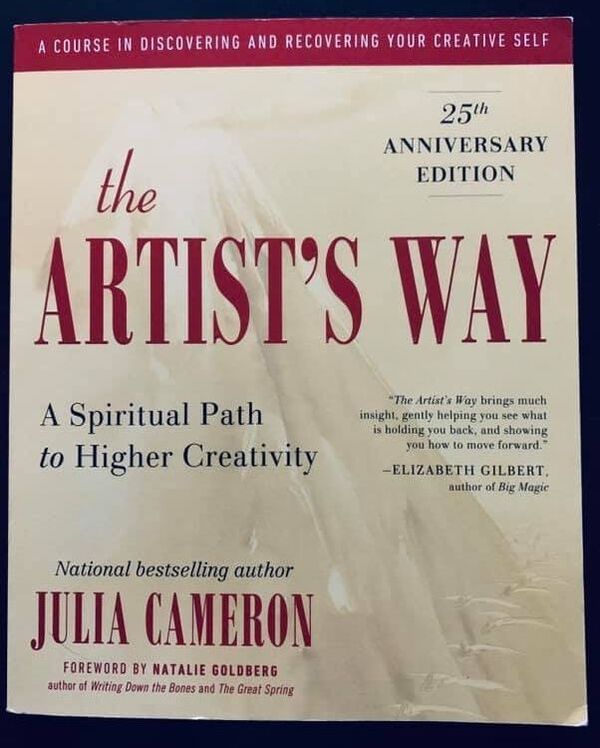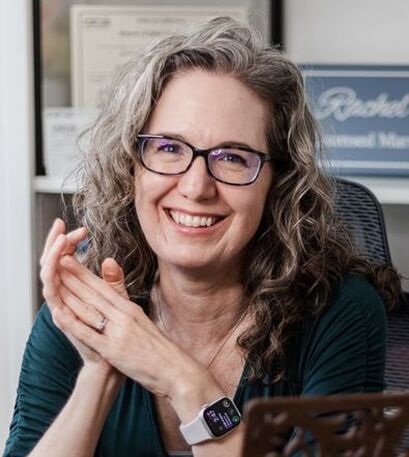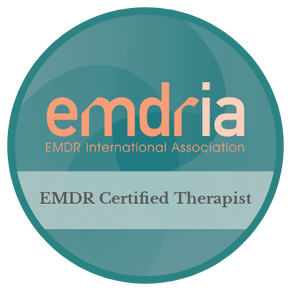|
I'm writing this from a hotel room in Berlin, Germany. My husband and I decided to take a day off from sightseeing to rest our feet and our brains. It's been a while since I've traveled overseas, for obvious reasons, and it's caused me to think a lot about cultural differences (I've already been admonished several times for not knowing some of the written and unwritten rules here!).
I'm starting another online workshop soon based on the book "The Artist's Way." At the beginning of the book, author Julia Cameron talks about the negative beliefs we may have about what it means to be an artist, including being broke, irresponsible, and ultimately doomed. She doesn't talk about where these ideas come from, though, until later in the book. The usual suspects of families of origin and academia are addressed, though U.S. culture as a whole is largely left off the hook. Lately I've been wondering: Do they need "The Artist's Way" in Paris? Or any other culture that isn't American? I haven't done any research on this, and I honestly don't think one culture is better than another (though I do have my personal preferences) because there are always tradeoffs with any system. I do think it brings up an important point, though: Maybe there's nothing wrong with you for wanting to be creative. Maybe the problem is that your surroundings don't support your particular skills and interests. This is a concept I've been exploring as I've delved into the neurodiversity-affirming movement, as well. Although there is a bit of debate about the definition of neurodiversity, it generally refers to cognitive brain differences such as ADHD, autism, dyslexia and dyscalculia (difficulty with math and numbers). To be affirming of neurodiversity is to see these brain differences as just that, differences and not "problems" to be solved. The focus is put on supporting the neurodivergent person's gifts and needs rather than trying to get them to fit into a more neurotypical society. Although creative people can also be neurodivergent, it isn't always the case. I do think, however, we can borrow the idea that being creative is simply a brain difference — some people are naturally good at engineering, while others have a talent for painting (or maybe even all of the above!). Being drawn to creativity isn't a problem to be fixed; it's something to be celebrated. The culture around us may or may not support it, but that doesn't mean it's wrong. It doesn't mean *you* are wrong, either. To quote Kasia Urbaniak from her book "Unbound": "We don't create desires, and we don't choose them — they arise within us." If you desire to be creative, that desire will never leave you. You *can* choose how you want to express yourself, though, given whatever circumstances you happen to be in at this particular moment. Sing a little song, write a little poem, or support an artist you appreciate. Honor that part of you that sparks joy (Marie Kondo's advice doesn't only apply to organizing sock drawers!). You may also find accepting the part of you that wants to be creative will help bring balance to other parts of your life, too. * * * If you want more support for your creativity this summer, consider joining us for the next Artist's Way Workshop, starting June 10, 2022. We will meet 10-11:30am PDT Fridays for 12 sessions (skipping July 15). It's a great way to give yourself a respite from the day-to-day world. Wishing you the best in all your adventures! |
AuthorRachel Moore, LMFT, is a Licensed Marriage & Family Therapy in San Diego, CA. Rachel helps writers, artists, musicians, and other creative types overcome anxiety and trauma. She is certified in EMDR therapy and also trained in Brainspotting. Archives
December 2023
Categories
All
|
Rachel Moore, LMFT
Licensed Marriage & Family Therapist MFT #102826
rachel(at)rachelmoorecounseling.com
www.rachelmoorecounseling.com
619-577-4514
Licensed Marriage & Family Therapist MFT #102826
rachel(at)rachelmoorecounseling.com
www.rachelmoorecounseling.com
619-577-4514
Address:
3232 4th Avenue
San Diego, CA 92103
3232 4th Avenue
San Diego, CA 92103
(Remote video sessions also available for residents of California or Montana)
We are committed to providing a safe, affirming, and inclusive therapeutic space for all ages, races, gender identities, sexual orientations, national origins, relationship statuses, health statuses, disabilities, ethnicities, and religions.
If you are in crisis, assistance is available 24/7 at:
San Diego Access & Crisis Line
888-724-7240
National Suicide Prevention Line
Call or text: 988
If you are in crisis, assistance is available 24/7 at:
San Diego Access & Crisis Line
888-724-7240
National Suicide Prevention Line
Call or text: 988


 RSS Feed
RSS Feed

